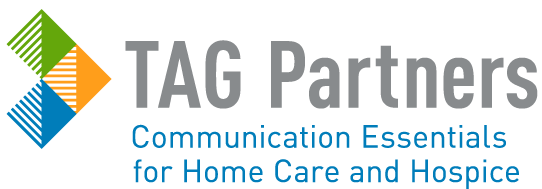Managing chronic pain is as complex as solving the opioid crisis. What was once thought to be a solution for chronic pain has become an epidemic unto itself. In order to relieve suffering without creating more opioid dependence, we need to look at other options for treating chronic pain without relying so heavily on medication.
The American Academy of Pain Medicine reports that chronic pain affects more Americans than diabetes and cancer combined. While medical procedures and physical therapy can be pain-relieving tools, the emotional and psychological aspects of chronic pain must be addressed as well.
Working with a mental health professional can help manage the psychological effects that accompany chronic pain such as depression, anxiety, and anger. Patients can learn to see their obstacles as challenges that can be overcome, and a significant amount of pain can be remedied by simply thinking in a different way.
In addition to professional assistance, here are some simple ways to help reduce pain:
- Relieve the stress that can increase your body’s sensitivity to pain. Consider some relaxation methods like deep breathing, meditating, or therapeutic massage.
- Exercise to increase endorphins which act as your body’s natural painkillers. See your Doctor before beginning any new exercise program. If you have pain from an injury, surgery, or a chronic condition such as osteoporosis, ask about a referral to work with a physical therapist.
- Get plenty of sleep and reduce alcohol consumption which can interfere with sleep.
- Don’t smoke. Studies have found that smoking causes people to perceive pain more acutely.
- Keep a pain log to track your pain level during the day. Keeping track of when your pain is worse and the severity of the pain can help you better manage your condition.
- Practice biofeedback to decrease migraine and tension headache pain.
- Eat a healthy diet of fruits and vegetables, whole-grain breads, low-fat dairy, and lean meats. Avoid eating saturated fats, sodium, sugar, complex carbohydrates, and processed foods.
- Distract yourself from your pain with hobbies and social interests.
- Join a support group.
As Health Care professionals here are some ways you can promote your expertise in pain management:
- Provide brochures on pain management to your referral network along with our flip chart admission guides to make it easy for physicians to include you as part of the pain management team.
- Host a game day at your local adult day center to engage, entertain, and distract the patrons from their maladies. Bring along healthy snacks and some of our puzzle books for them to keep.
- Offer to lead a discussion group on pain management at worship communities throughout your service area. Have plenty of pain log books to hand out.
Visit www.tagwebstore to view our complete line of Home Health & Hospice Communication Essentials.


